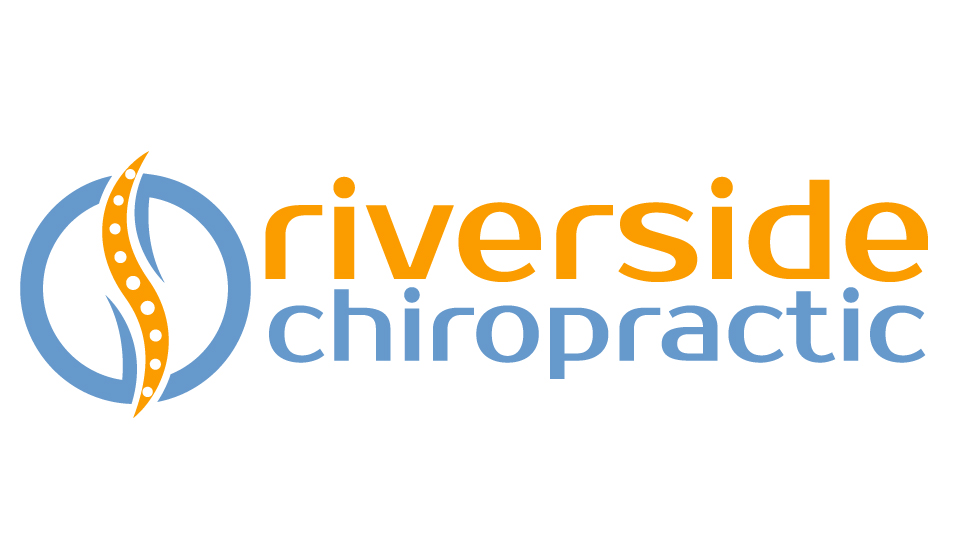Why Do I have Aches and Pains?
/A little bit of inflammation spread all over the place is one possible culprit as to why you have aches and pains. Inflammation in one particular area e.g. a joint contributes to the breakdown of that joint causing osteoarthritis - please note that this process can take several years. Inflammation seems to be suppressed at night which accounts for more aches and pains first thing in the morning. It is also related to metabolic syndrome: being over weight, poor fitness and ageing. Smoking, inactivity, stress and sleep deprivation make inflammation worse - they don’t so much make you feel old as literally age you.
Inflammation can make the pain of Fibromyalgia worse. If you aren't familiar with what Fibromyalgia is, according to the Mayo clinic it is an unexplained sensory dysfunction resulting in widespread oversensitivity to stimuli, exhaustion, and mental fog, among other things.
Inflammation hasn't been proven to make stress and the associated pain of it worse but there are strong links to suggest that it does. Short term stress is ok for us, such as being stressed when sitting in traffic causing you to run late but long term stress i.e. more than 3 months is not ok for our body and health. Sleep disturbance is one cause of long term stress.
What can you do about it?
Eat a healthy diet - intermittent fasting and ketogenic diets (low carb) for short periods of time can help as well. Try to reduce your animal and animal product intake.
Lose weight
Exercise: including lifting weights
Reduce stress: through whatever means that is for you - having a couple of alcoholic drinks after work each night isn't a good idea
See a sleep specialist if you have any sleep issues
See one of our chiropractors or Andrew, our remedial massage therapist to help reduce your pain
If you would like help with your stress levels or aches and pains, get in touch with us so we can help you out or book in online.
This has been adapted from https://www.painscience.com/articles/inflammation-chronic-subtle-systemic.php


